Momma Interviews "Expert Edition" featuring Dr. Katayune Kaeni
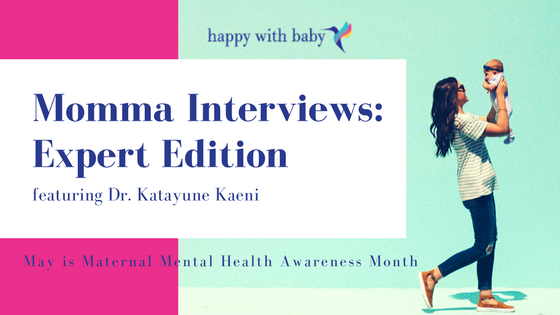
May is Maternal Mental Health Awareness Month, so I've relaunched my "Momma Interviews" series--This time with an extra special set of moms. These mommas also work to support other moms and their families during the transition into new parenthood and beyond. I'm calling it the "Expert Edition," but I think you'll find that while these women definitely are experts in their work, parenthood has a way of making a beginner out of everybody. Even experts get surprised by the unexpected and learn new bits of wisdom while in the trenches!
This series is all about their experiences with motherhood, in the hopes that it provides you with some validation and new tips to try. Because for all the many different ways there are to be a mom (and there are definitely MANY ways to do it right), it's so amazing how much we moms all really have in common.
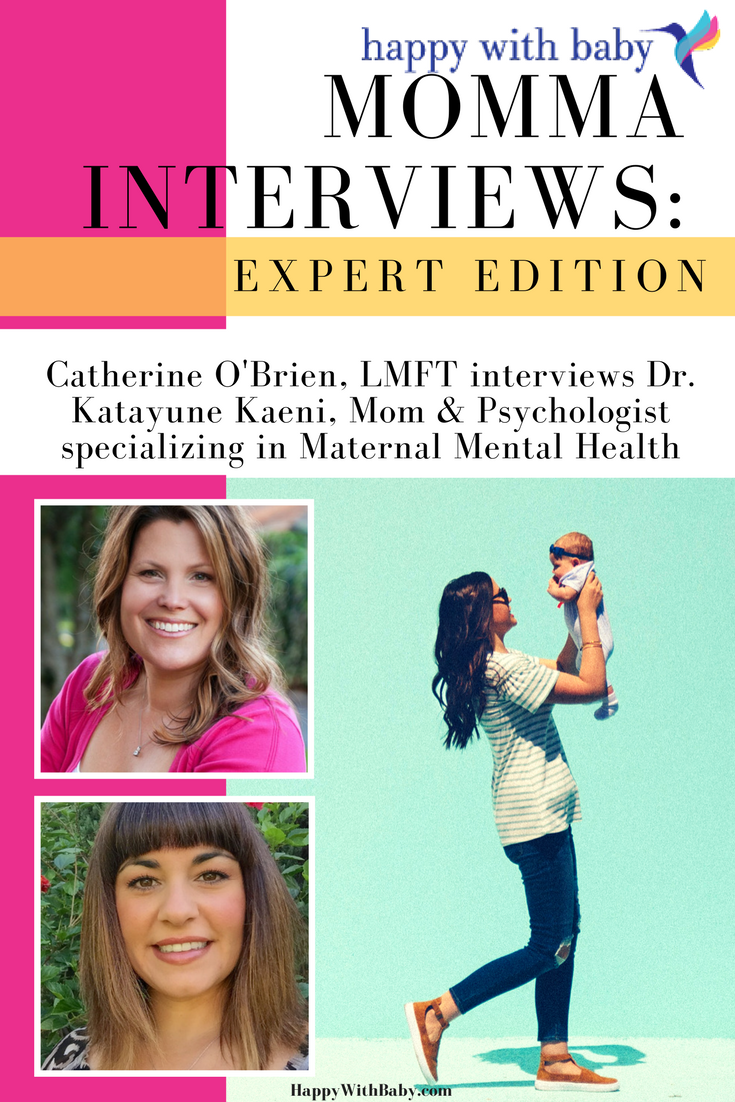
Today, I'm interviewing Dr. Katayune Kaeni.
Katayune Kaeni, Psy.D., is a psychologist specializing maternal mental health and the creator and host of the Mom & Mind Podcast. In May of last year for Maternal Mental Health Awareness Month, Dr. Kaeni wrote a powerful personal essay about her struggle with postpartum depression and anxiety for the Happy With Baby blog. And this year, I'm thrilled to have had the chance to interview her face-to-face for you now.
Scroll down to watch the interview, read the transcript or get more info about Dr. Kaeni.
Watch the video:
https://www.youtube.com/watch?v=J500cxM49Qc&w=854&h=480
Katayune's Quotables:
Interview Transcript:
Catherine: Hi. I'm Catherine O'Brien at happywithbaby.com and I'm so excited to have Dr. Katayune Kaeni here, who's a psychologist of Claremont, California, and she's also the host of the Mom and Mind podcast. She's going to be doing our Expert Mamma Interview series with us. So thank you for being here.
Katayune: Thanks. Thank you so much for having me. I'm excited to chat with you today.
Catherine: Cool. So my first question is basically tell us a little bit about what makes up your family, like your little family dynamics.
Katayune: Well, it's me and my husband and we've been together 15 years, for a little while.
Catherine: Yeah.
Katayune: Along the way we've got a couple of degrees and moved a couple of times and then I got pregnant and so now we have a seven-year-old ... well, almost seven, but the age is very important. I have to say six-and-a-half or close to seven.
Catherine: Yes.
Katayune: The same with my son. He's almost four.
Catherine: Okay.
Katayune: So, yeah, almost seven and almost four-year-old.
Catherine: Yes, well mine just switched over from, now I have an eight and a four-year-old.
Katayune: Oh yeah, the age is super important.
Catherine: Very, very. So the first question is how do you balance the mom, work, and relationship roles?
Katayune: Well, that's in constant process. It gets to a place where things feel great and lovely and then there are other times where life happens and pulls me out of balance, so it's a constant movement trying to get back to that place where things are feeling more balanced.
One of the things I do, because I'm in private practice, I'm essentially my own boss is I also create my own hours. So one of the things I do when I'm done with my day is I have little things that I do to close my day or to separate my work mind from my home mind. That can be a couple of different things. Either sometimes I will literally like the shake the day off in my office before I leave, just kinda shake it off or when I'm on my way home, I'll just literally tell myself, "Hey, work is over. I'm gonna go home and be with my family and be present."
Something I've been doing lately, which really helps me a lot is before I even go inside the house, I take my shoes off and stand in the grass for a little bit.
Catherine: Oh, yeah.
Katayune: I just like the cool grass, a little bit a night, it feels very nice and grounding. So some way to have that separation between work and at home when I'm able to. Sometimes I do need to work at night or on the weekends to work on some other projects, but it's a constant. It never is done.
Catherine: Right, no, that's so true. So most moms I speak to say there are moments when they're ready to throw in the towel. Can you describe a time that you felt this way or if you have and what got you through it?
Katayune: Yeah, yes, that happens in different phases of my life and their life. Periods of time when I am out of balance, frankly, where the stuff from work feels like there's too much going on and during those periods of time when my mind is overloaded with things to do and then there are little people pulling on my pant leg to attend to them. It can be hard to switch over and snap out of that moment of just wanting to focus on what I want to do and needing to refocus on what their needs are and attend to them. They have no idea what I do all day and what's pulling at me all day, all they know is that they want juice or whatever it is in that moment.
Catherine: Right.
Katayune: So I wouldn't say I totally want to throw in the towel, but there are certainly times where I'm like, "I just need ... I think I even told my husband, I said, "If I really want some sleep, I'm gonna have to go sleep in another room, in a different house," because having an almost four-year-old, he likes to get up and wake me up and wants to cuddle, which is so sweet, and also I'm tired.
So there have been times, as they got older, it was much easier to manage that but it still happens and I think it's a normal part of, you know you spend all of your life just concerned about yourself and then kids come along and it takes a while to figure out how to do both and there are times when you don't want to do both.
So I would say as they've gotten older, that's gotten easier. Certainly, when I had my daughter, I had my own postpartum depression and anxiety and OCD and there were lots of times where I just felt like it was way too much to handle. So I got through it and it's a different quality of this is too much or oh, I feel overwhelmed with a little one than it is with older kids.
Catherine: Yeah. What do you think helped get you through it the postpartum, depression, anxiety, OCD?
Katayune: It was several different things. It took me a long time to figure out what was going on. So part of my story is that I was already a therapist. I was working at a major medical system and seeing clients all the time, doing just fine. I got pregnant, pregnancy was fine, had my daughter, and I was not fine, but I didn't realize what was going on. It took me quite a while. I would say about a year to fully get what was going on and by that time I was coping. I had figured out, being a therapist, I already had some coping skills and tools that I help other people with and used for myself, but I still didn't know, know what was going on.
Then when I figured it out, I can't even remember exactly how it dawned on me, I was angry and that got me feeling a little bit better, just in terms of I didn't know what this was, how could I have gone this whole time without knowing and now I'm gonna figure this out and help other people so it doesn't happen to them.
Catherine: Yeah, that's awesome. So what do you do when you feel overwhelmed, overstretched or less than? You kinda said some of the things.
Katayune: Yeah, some of the them. What I have been really trying to do is, it's primarily with the way that I talk to myself. Usually when I'm stressed out or depressed or not necessarily depressed, depressed but feeling down, it's so easy to get in your head and feel overwhelmed by your own thoughts and all of these things that I need to do and attend to.
When I can catch it, I do my best to try and stay as aware as possible. When I can catch it then I change how I talk to myself cause usually in those stressed out moments, it's really like, "Why can't you? You're never gonna be able to finish these things," or I'll start comparing myself. That's a trap I think we all get into, but I turn it around in a sense of like, "I can do whatever I want. I don't need to do all of that stuff right now. At any moment I can change my mind." That just gives me so much relief that I don't need to keep up at that same pace. The world is not gonna fall apart if I just take a day off or go try and meditate for a little bit or walking helps a lot if the weather is good.
Catherine: Excuse me.
Katayune: Bless you. That's okay, bless you.
Catherine: Thank you.
Katayune: Yeah, so, I'd say trying to meditate, which can be hard if you're feeling stressed and overwhelmed. So if it's too hard for me to focus and concentrate, I'll listen to something like a recorded meditation or a guided meditation. As I said, walking, just giving myself permission to chill out.
Catherine: Yeah, no, that's really good. Sometimes I'm like just make a list of those things cause I think sometimes when we get so stressed out, we can't remember what are those things that help us. So even make a list, put in on your fridge or have it on your phone and maybe it pops up every once in a while and reminds you, "Hey, do you need a break today?"
Katayune: Right, totally. Yeah, it is hard. I feel like when you're in your head, you're just so involved in whatever is going on, having that external reminder is perfect.
Catherine: Yeah, okay, so here kinda goes with something you were saying that says, "I've had parents tell me that one of the hardest things about being a parent is the comparisons and judgements from other parents." Have you experienced this and how do you cope with it?
Katayune: Me comparing myself?
Catherine: Or feeling like being judged by other parents or I think sometimes it's true, we do compare ourselves more than, maybe we think that they're judging us.
Katayune: Yeah, I'd say for me it's more the comparison, just always wondering am I doing as good as I can or should I be doing something differently. I, thankfully, haven't had anybody come out and outright say to me, "You're not doing a good enough job," or "You should do it this way." Maybe that's because I'm a therapist and people make assumptions about what therapists know and don't know. Yeah, I would say the comparison is the bigger part. Just kinda constantly monitoring, making sure that we're doing what we can or doing better where we can.
Catherine: Yeah.
Katayune: Yeah, I can't remember the second part of your question.
Catherine: I said, "How do you cope with that? How do you cope with the comparisons?".
Katayune: Yeah, I guess in a similar way. We're doing the best that we can and if there's opportunity for us to do better and we figure out how to do better in a different way, then cool. Just giving myself space and compassion to, if we messed up, then we go and repair it. All parents mess up. Everybody messes up. There's nobody that doesn't, but I tell myself that, those moments where I lose my cool and I'm yelling and then I feel bad about that, that's something I can go back and repair and apologize for and give my child some context or something like that. If I can repair it, then I think we're okay.
Catherine: And it also teaches them how to repair relationships too, cause they're not always going to be happy, go-lucky kids that don't get upset with people and so they need to learn how to have that, so I try to tell myself that too, it's like, I'm teaching them.
Katayune: Well, yeah, it's true, it's true. There's no single person that doesn't get angry or lose their cool sometimes, they're going to, so how to deal.
Catherine: Yeah. What do you feel is your greatest personal struggle with the experience of motherhood?
Katayune: That's a big one. That's a deep one. Greatest personal struggle? I think it is balancing that wanting to just stay selfish. I remember before I had kids, sleeping, like laying on the couch, just laying there with not a thing to do and I was like, "I'm gonna miss this," and I do. I love my kids and I love my family and I absolutely am happy to be having this experience and raising them and there are times when I just don't want to do it. That is the hardest part. Thankfully I don't feel as guilty about that anymore as I used to, but it's not because of them that I don't want to do it.
Catherine: Cause it's hard.
Katayune: Baby girl, baby boy, if you're watching this at some point in the future, I love you, but this is a real part of ... yeah, there are sometimes when I just want to have all of the freedoms that I used to have.
Catherine: Yeah, and so like a normal feeling for, I think, most parents to have that. So, yeah, we shouldn't feel bad about that.
Katayune: Yeah, I'm getting real comfortable with it.
Catherine: Good, good. So what's something that surprised you about being a mom? Like maybe something that you didn't realize babies or kids did, something that you didn't think you would enjoy or maybe just something you didn't know would bring you so much joy about having kids.
Katayune: There's been some really cool things that I've noticed that I somewhat expected but didn't expect it to the extent, is how much I resonate with my kids when they do something that's like me. I'm like, "I didn't teach that to you, did I or did you just come out with having that." Even kind of noticing, wow, my daughter is really a lot like me in her sensitivity and I didn't teach her sensitivity. It's just there and it's really interesting to see, not myself reflected in her, cause she's who she is, but parts of me that look so familiar in both of my kids and kinda just tripping out on that. It's really, really cool and then sometimes I'm like, "Oh, no, she's like, she has that sensitivity like I do. I'm gonna need to help her cope with that." It's just really fascinating how genetics or whatever is at play just unfolds in front of you and they're their own people but there are just little pieces of us in them and it's cool to see that.
Catherine: Yeah, no, it is. I know I love that too and it's just changing and as they grow and you're like, "Oh my goodness, where did that come from?"
Katayune: Right, yeah.
Catherine: How has your relationship with your husband changed and or how has it stayed the same?
Katayune: Well, there are parts that have stayed the same, just in terms of the things that we still want to do in the world together and with our family, but changed in the sense that there's such a renegotiation. We have to re-figure out, at different stages in their lives, how we're gonna relate to each other, like just even what parts of the day each one of us is gonna handle. As they grow and change and their needs change, then we have to readjust as much as possible. It's hard to have intentional conversations about everything, I don't think anybody can, but we do have to find different ways to, not necessarily relate to each other, but figure out how are we gonna move through this transition. How are we gonna deal with this issue? So there's a lot more, yeah, figuring out that we have to do along the way.
When it was just us, we just did our own thing and now we're both responsible for these little people and both have input and sometimes, for the most part, agree on how to move forward, but when there are times that we don't, we have to figure out how to deal with that.
Catherine: Yeah.
Katayune: Yeah, lots of figuring out.
Catherine: Lots of figuring out, compromising and stuff, yeah.
Catherine: Okay. So next question is how has your relationships with your friends, family or support systems changed or how have they stayed the same?
Katayune: Well, when my kids were newly born we lived in a different part of the state so we weren't really around family.
Catherine: Okay.
Katayune: Family would come to visit us and help out and we would go visit them. After my son was born, about three months old, then we moved to be closer to family and that was an interesting readjustment to being literally around family again and readjusting to their dynamic and jumping back into that. I think with family in particular, there's a different level of interaction of closeness or wanting to be close, specifically for the grandparents, our parents, want to be part of the kids' lives and see them which is cool and awesome. Can you state your question again?
Catherine: Yeah, how is it changed or stayed the same with friends and other support systems?
Katayune: Yeah, I think one of the changes that's been harder is that we sort of hunker down, there's less social interactions when the kids were younger. For us anyways, the way went through the transition to parenthood is to, we still have friends around, but it was a kind of a turn inward to less socializing and more focus on getting through, like being in our family, our new little family that we created.
I don't think it necessarily changed relationships. There were certainly some people who were not in our stage of life, who couldn't identify or no longer felt connected in the same way and those folks just dropped off, not that we didn't want them around but because of their place in life. So, yeah, I think we're getting back to a place where making sure to have our friends and our social supports around is equally as important.
Catherine: Yeah. Is there a greatest lesson that you've learned as a mom?
Katayune: There's quite a few.
Catherine: So many, right?
Katayune: There are quite a few. My energy changes their energy and that is hard. Sometimes I just want to be in the mood I'm in, but I do notice that reaction is if I'm more agitated, then tend to be more agitated and that's interesting. Can you say your question again, sorry?
Catherine: What's your greatest lesson you've learned as a mom?
Katayune: Oh, yeah, so in terms of the lesson that comes with that is just feeling like I have more responsibility to manage that for them. Not that I can't have moods and be angry or be sad or have any feeling that I have, but if I'm, let's just say for instance, let's say I'm super stressed out or I'm agitated and they become agitated around me, I have to be careful not to get mad at them for being mad. Not to get made at them for being angry, that's hard. That is hard to do. It's one of the first times I really understood my energetic and my mood impact on somebody so directly, is it just kind of manifests in them. Kinda fascinating, but also, I have to be careful.
Catherine: Yeah. Do you have a favorite quote that inspires you as a mom?
Katayune: Related to motherhood specifically?
Catherine: Or helps you get through motherhood.
Katayune: Gosh, that's a good question. You might have to edit this out while I think.
Catherine: Okay.
Katayune: Huh. Greatest quote. I'm sure I have one but i can't of one right now.
Catherine: Oh, yeah, so the next question is what is your favorite song that inspires you as a mom?
Katayune: So, since we get to watch a lot of kids movies, I have a couple.
Catherine: Okay.
Katayune: Oh my gosh, now I have to look up the name of the song. Thankfully have it ... all of the music I have up on Spotify is albums from kids movies, so I'll hopefully find this. Hopefully.
Catherine: Okay.
Katayune: There's one from ... oh, no it's from ... that's what it is. It's from "Zootopia." Thanks for letting me research in the middle of our interview.
Catherine: That's okay.
Katayune: Oh, yeah, so I guess for ... it's more of a recent movie but in "Zootopia" their main song is called "Try Everything" and I practically cry every time it comes on. It's my favorite song because, for me, I think this is how all people are, but you want the things for your kids that you kind of struggled with, that you don't want them to struggle with the same things.
When I was a lot younger, and still struggle with this sometimes, is I don't allow myself to feel totally free and do all of those things that I want to do kind of a thing or are a little bit scary for me, that kind of stuff. So that song, when it comes on, me and my daughter will sing it. Of course, she's like six, so she doesn't understand all the significance, but I'm like, "Yeah, try everything."
Catherine: That's awesome.
Katayune: So I really love that one cause it also reminds me to just allow them to just have free rein sometimes.
Catherine: Right. Okay, so, I think this is a fun one. What is a 'can't live without,' a gadget or product that makes mom life easier? It can be anything. I've had someone mention a book, an app, I say dry shampoo.
Katayune: Yeah, I didn't find out about dry shampoo until a couple years ago.
Catherine: Yeah.
Katayune: I'm like, "This is amazing."
Catherine: Yeah, right.
Katayune: So that makes motherhood easier?
Catherine: Yeah.
Katayune: Wow, you have good questions. Man, my mind is now going blank. Oh my gosh, I cannot think. Can you say your question again?
Catherine: Yeah, what's an any 'can't live without' gadgets or products that have made mom life easier or better for you?
Katayune: Oh, washable markers. Yeah, yep. Whenever we go somewhere, I take a notebook, just blank paper or something and washable markers or washable colored pencils or something like that everywhere we go. Just so that my kids, if we're going out to dinner or if we're going to somebody's house or if we're out and being social, they're not gonna be able to just sit and ponder life and talk to us about, so I feel like they need to be occupied sometimes, so I just take markers with me everywhere.
Catherine: That's awesome, I love that. That's a good go-to in your bag.
Katayune: Yeah, it's just in there. There's a lot of good [crosstalk 00:31:53]
Catherine: Or in an appointment or an activity or something, yeah, that's so good. Okay, last question, what is one piece of advice you'd like to give to other moms?
Katayune: There's a lot.
Catherine: I know.
Katayune: There's a lot. Just go easy on yourself. It's not a race. It's not a competition, yeah. There's no such thing as perfect. I want to rip that word up. I just think we put so much pressure on ourselves and everybody else puts pressure on us too. One of my favorite things to say to moms is, "If it doesn't work for you, it doesn't work."
Catherine: Yeah.
Katayune: There are five million books on how to sleep train your kid or feed your child or whatever, you name it, lots of opinions and ideas and there's some really great ones, but if you're trying to make yourself do something that doesn't work for you, then it doesn't work, it's not about you. It's just that thing doesn't work, but that kind of pressure that we put on ourself, I just wish I could remove that Harry Potter style with that thing, just like take it out of minds that we do that to ourselves. It just doesn't help anybody.
Catherine: Yeah, I think that's such great advice. So, thank you. I'm gonna put a link to the blog post you wrote for me last year too with your story cause I think that's so powerful. So you guys should totally check that out and then also listen to her "Mom and Mind" podcast. It's really amazing, you do some great interviews on there.
Katayune: Thanks, with you. You were on there.
Catherine: Yes. Yeah, so great, I love listening to it.
Katayune: Thank you.
Catherine: So check her stuff out and thank you so much for being here and taking the time and sharing your pearls of wisdom in motherhood with us.
Katayune: Absolutely, thanks for having me.
Catherine: All right, take care.
About Dr. Katayune Kaeni:
Katayune Kaeni, Psy.D., is a psychologist specializing in maternal mental health. She was drawn to this specialty after going through Postpartum Depression and Anxiety with her first child. Dr. Kat has a private practice in Claremont, Ca, and runs a free pregnancy and postpartum stress support group in her community.
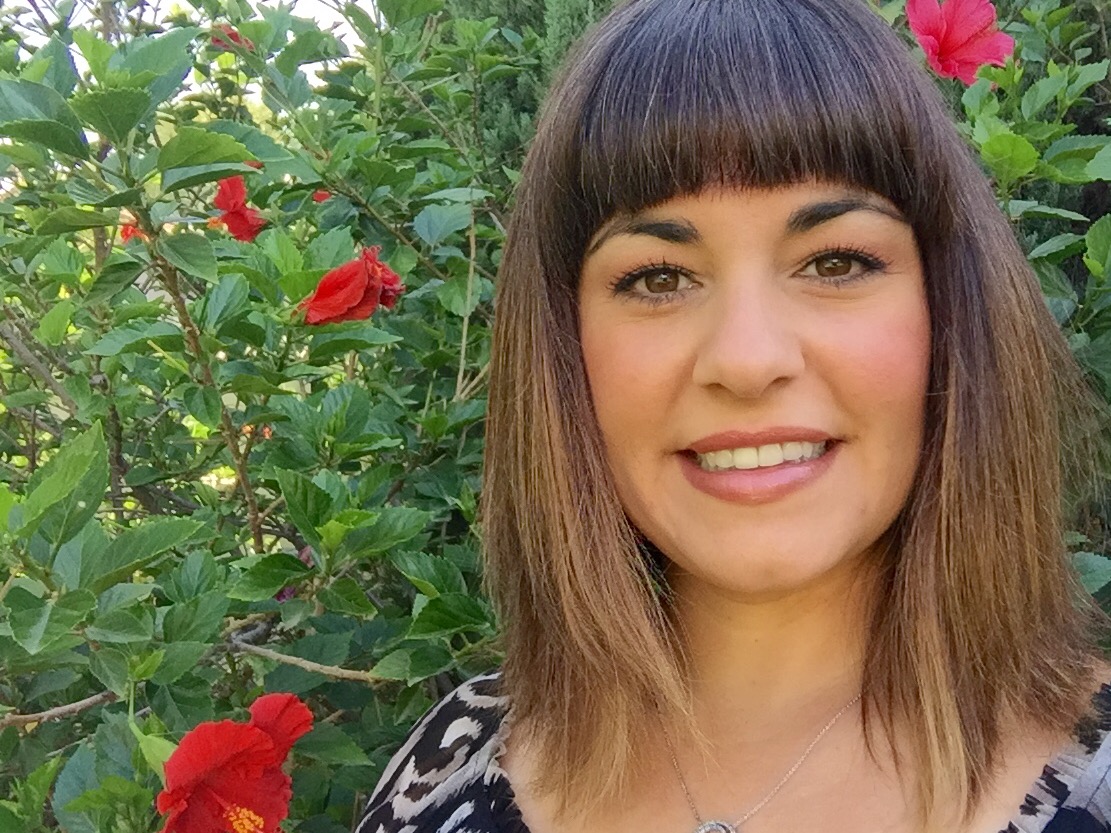
Dr. Kat is the creator and host of the Mom & Mind Podcast, which focuses on maternal mental health and wellness. Podcast topics range from preconception, through pregnancy and postpartum. She hosts interviews with women and men who have gone from struggling to wellness, as well as the advocates, experts and healthcare providers that work to help moms and families recover and thrive.
She volunteers with Postpartum Support International as the area co-coordinator for San Bernardino County and contributes to the PSI blog. Dr. Kat works with San Bernardino County and their maternal mental health workgroup to offer training to local mental health and allied healthcare providers. Dr. Kat’s mission is to support mothers and families, train health care providers, advocate for women and families and bring discussions of maternal mental health out in the open.
Connect with Katayune:
Website: www.drkaeni.com
Podcast: www.momandmind.com
Twitter: @drkaeni
Instagram: @momandmind
Subscribe
Sign up to get the latest weekly blogs sent straight to your inbox


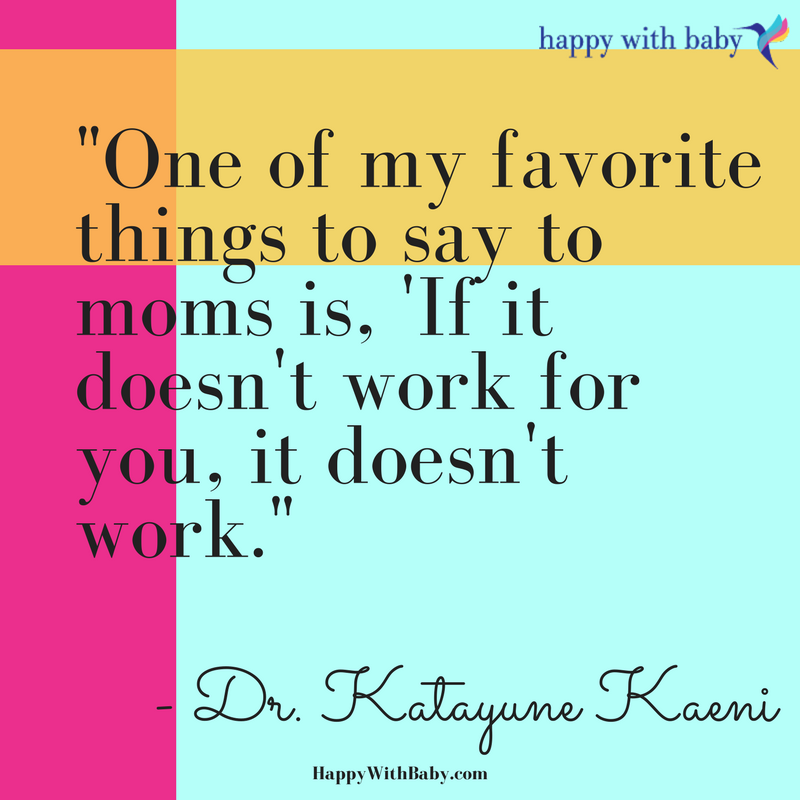
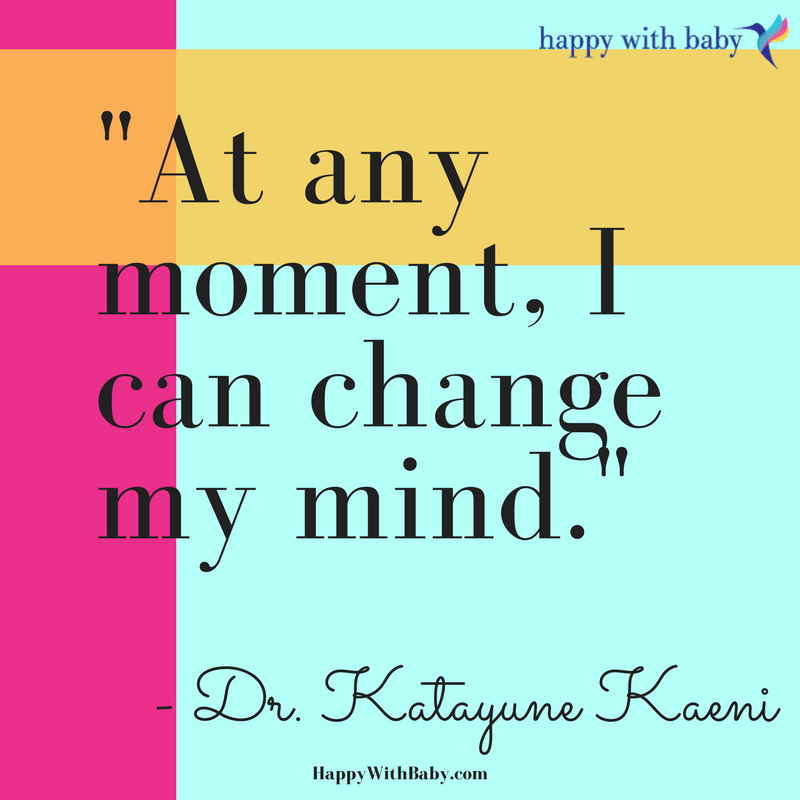
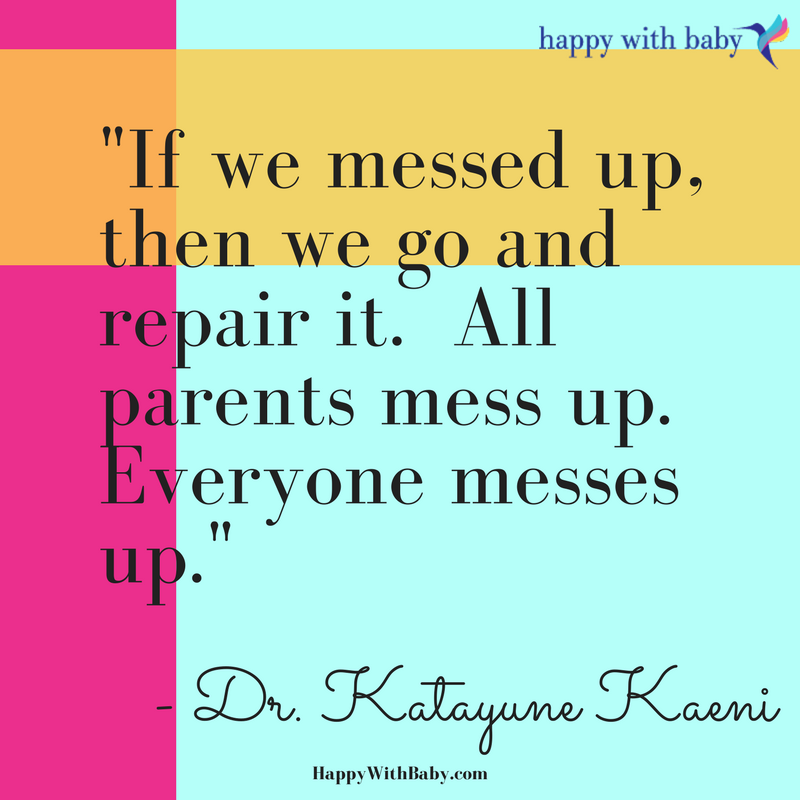
0 comments
Leave a comment
Please log in or register to post a comment